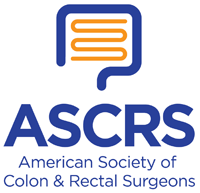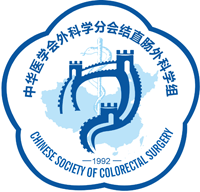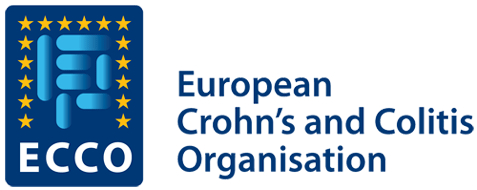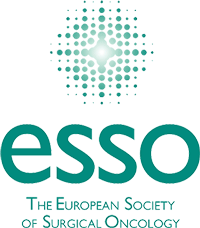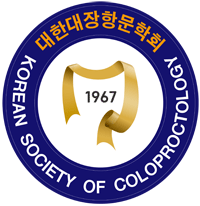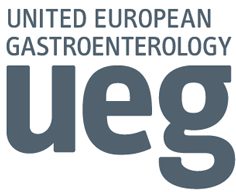- Gene and gender guidelines (GGG) for colorectal cancer
- Protocol: evidence and consensus follow-up after primary colorectal cancer
- Protocol for the development of a core outcome set (COS) for haemorrhoidal disease
- Guideline regarding treatment of haemorrhoids
- Guideline on the use of mesh in the pelvis
- Guideline on transanal total mesorectal excision
- Diverticulitis
Gene and gender guidelines (GGG) for colorectal cancer
The steering committee includes: Andy Latchford, Ashish Sinha, Gabriela Möslein, Gareth Evans, Pal Moller and Toni Seppälä.
Initially the focus of this group has been to examine and review existing data on MSH2 and MLH1 (Toni Seppälä) and MSH6 (Mev Dominquez). Future considerations will include PMS2 (Mev Dominquez) and the prospective Lynch syndrome database (PLSD). The group is working towards 'Guidance' statements and aim to hold a Delphi consensus process in Nice 2018.
Protocol: evidence and consensus follow-up after primary colorectal cancer - an analysis of existing guidelines in Europe
The steering committee includes: Ida Jakobsen, Pieter Tanis, Søren Laurberg and Vivian Bastiaenen.
Relevant analyses have been performed for guideline and a draft manuscript has been circulated within the group for initial consideration.
Protocol for the development of a core outcome set (COS) for haemorrhoidal disease: an international Delphi study
The steering committee includes: RR van Tol, J Melenhorst, CD Dirksen, LPS Stassen and SO Breukink.
This group have developed a COS which can be used in future studies evaluating treatment for haemorrhoidal disease. Use of this COS will improve the quality and uniformity of future research and enhance evidence synthesis. The ‘European Society of Coloproctology (ESCP) Core Outcome Set (COS) for Haemorrhoidal disease: An international Delphi study’ was published January 2019 in Colorectal Disease. You can download the COS here:
ESCP Core Outcome Set for Haemorrhoidal Disease (PDF)
Guideline regarding treatment of haemorrhoids
The steering committee includes: RR van Tol, SZ Kuiper, AJM Watson, J Jongen, DF Altomare, N Qvist, T Higuero, J Muris, SO Breukink, J Kleijnen.
The guidelines have now been produced and reviewed, and are available to download here:
ESCP Guideline for Haemorrhoidal Disease (PDF)
Related information:
- Patient Information (PDF)
- Comments on draft guidelines (PDF)
- The development of ESCP's Guideline for Haemorrhoidal Disease (PDF)
Guideline on the use of mesh in the pelvis
The steering committee includes: Y Maeda, PA Lehur, L Lundby and C Vaizey.
Within this project there are four sub-groups working on different themes of the guidance:
- Use of mesh in relation to perianal reconstruction - Leaders: Professor E Espin and G van Ramshorst, G Norcic
- Use of mesh for full-thickness rectal prolapse - Leaders: Professor R. O’Connell and T. Rautio
- Use of mesh for obstructive defaecation - Leaders: Professor PA Lehur, K. Gorissen, M. Kim, I. Negoi, B. van Geluwe
- Use of mesh for all the other indications (fistula/sphincter repair) - Leaders: Dr Lundby, D Pares, C Vaizey, A Warwick
The four groups are currently working to collate the evidence using GRADE methodology.
Guideline on transanal total mesorectal excision
This group, led by Danilo Miscovic and Roel Hompes, held their 4th meeting during EAES in London. They are working on guidance statements based on four themes:
- Indications - Chair: Mark Katory
- Training and Implementation - Chair: Juriaann Tyunman);
- Technique - Chair: Walter Brunner
- Quality - Chair: Felix Aigner
The wider group have agreed draft guidance statements for two of the four themes (Indications and Training and Implementation) and have decided not to pursue guidance at this stage for technique but rather to follow this up through research. They have conducted three online surveys and will be convening at the annual conference in September in Nice to finalise the draft guidance statements for the first two themes.
Diverticulitis
The steering committee includes: Eva Angenete, Johannes Schultz and Willem Bemelman.
This group has devised six initial themes and is in the process of the initial literature review. These themes include:
- Aetiology, Epidemiology and follow-up (Wolfgang Kruis)
- Imaging, indication and classification (Fredric Ris)
- Non-surgical management and dietary recommendation (Marja Boermeester)
- Emergency Surgery for diverticulitis ( Eva Angenete)
- Elective surgery for Diverticulitis (Johannes Schultz)
- Technical Considerations (Willem Bemelman)

